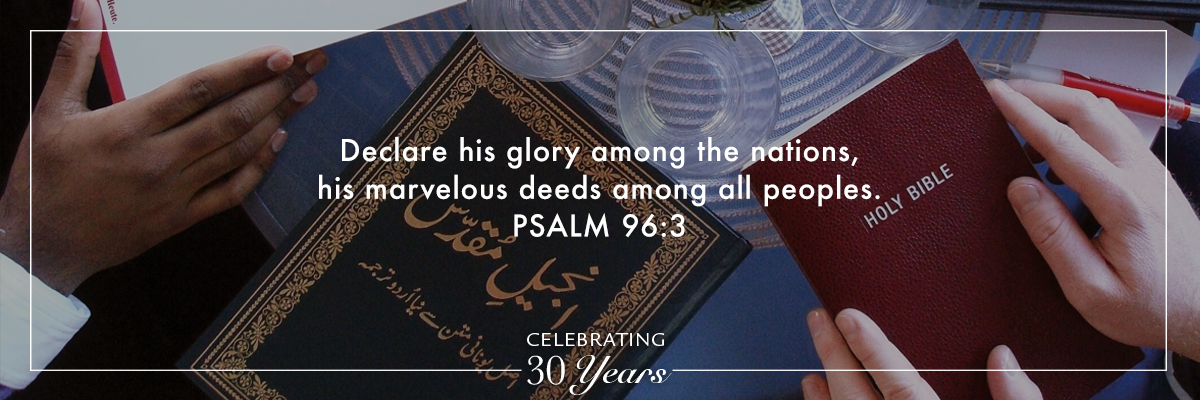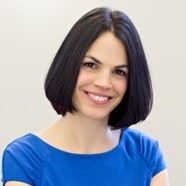

An Evangelist’s Heart: Joy
- February 13, 2018 | Psalm 51:13–19
In an 1850 letter to her publisher, George Smith, English novelist Charlotte Brontë wrote: “Happiness quite unshared can scarcely be called happiness; it has no taste.” As we will see in today’s passage too, our happiness in our salvation should necessarily overflow into sharing—and this makes our joyful experience sweeter.
The second half of Psalm 51 is David’s response to the salvation he has received. Having seen the depths of his sin and the fullness of God’s mercy, David commits himself to evangelism. He promises to “teach transgressors your ways, so that sinners will turn back to you” (v. 13). The mouth that once summoned Bathsheba for sexual sin and dispatched Uriah to his death will now declare the praises of God for the spiritual good of everyone who hears.
David’s ultimate goal is not simply his own salvation or even the salvation of others. David’s goal is to glorify God. He longs to see God’s people prospering and growing (v. 18), and he longs to see God worshiped by all people (v. 19).
As Jeremy Walker writes in The Brokenhearted Evangelist, “Nowhere is the power and wisdom of God more gloriously displayed than in the good news of Christ crucified, and there is nothing that the saved sinner desires more than the display of God’s glory.” We magnify God’s glory as we bring others to experience it for themselves.
This is true happiness! Those who are created in God’s image, redeemed by God’s Son, and destined for an eternity in God’s presence find our highest joy in multiplying God’s praises. We affirm with the Apostles: “We cannot help speaking about what we have seen and heard” (Acts 4:20).
Pray with Us
Moody Distance Learning is again in our prayers today. Please uphold in prayer Nancy Kane who oversees the Spiritual Formation program, as well as Christian Martinsen, Lanna-Marie Enns, and Patrick Friedline at Independent Studies.






